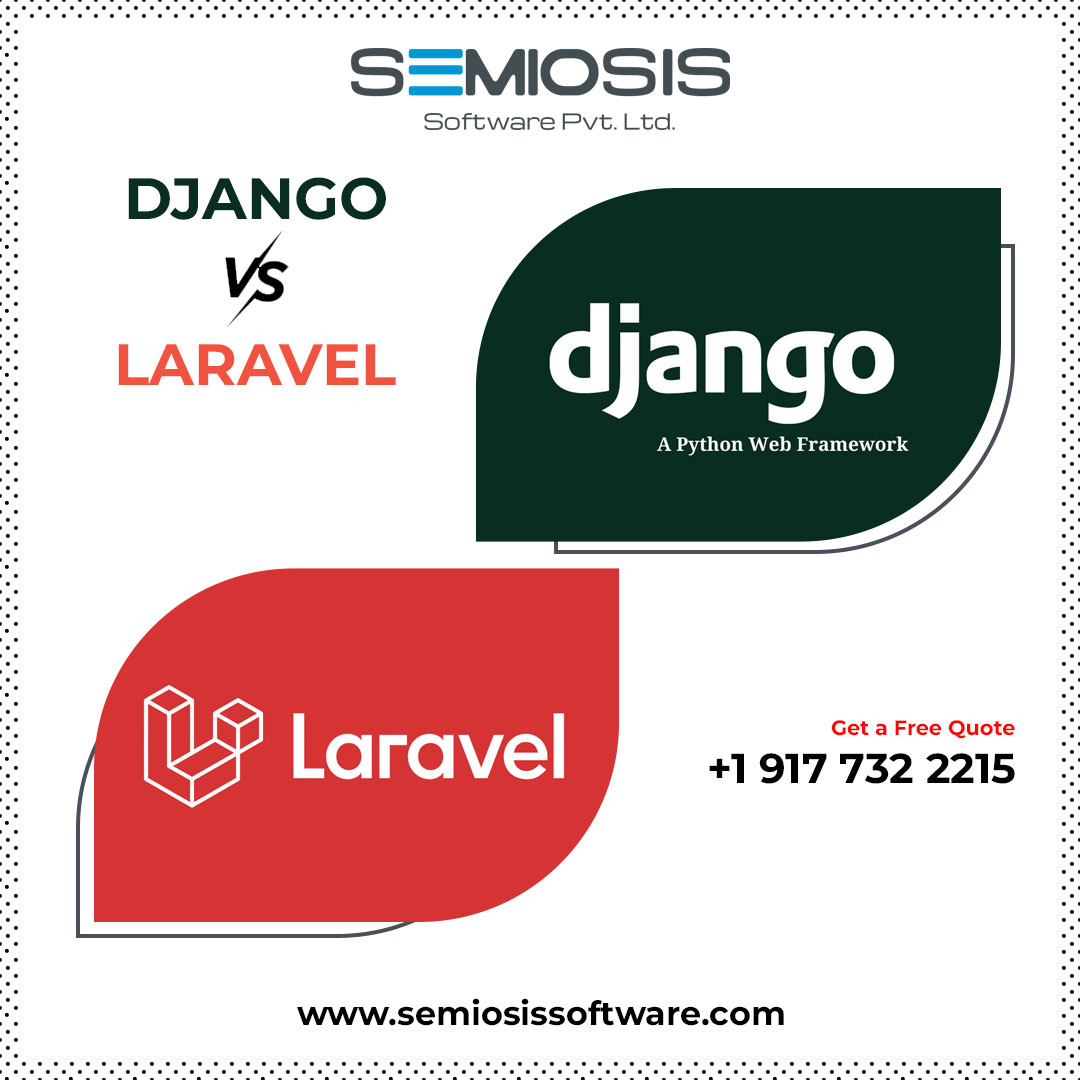Django vs Laravel: Choosing the Right Framework for Web Development
In the world of web development, choosing the right framework is crucial for building efficient, scalable, and maintainable web applications. Django vs Laravel are two popular frameworks that have gained significant traction among developers. Both offer robust features and tools to streamline the development process, but they also have their own strengths and weaknesses. In this blog post, we’ll compare Django and Laravel to help you decide which framework is better suited for your next web development project.
Django: The Python Powerhouse
Django is a high-level Python web framework that encourages rapid development and clean, pragmatic design. It follows the “don’t repeat yourself” (DRY) principle and emphasizes reusability and pluggability of components. Here are some key features of Django:
-
Batteries-Included: Django comes with a wide range of built-in features, including authentication, URL routing, templating, database management, and more. This makes it easy to get started with Django without having to integrate third-party libraries for basic functionalities.
-
ORM (Object-Relational Mapping): Django includes a powerful ORM that allows developers to interact with the database using Python objects. This abstraction simplifies database operations and reduces the amount of SQL code needed, making the development process more efficient.
- Community and Ecosystem: Django has a large and active community of developers who contribute to its ecosystem by creating plugins, libraries, and reusable apps. This vast ecosystem provides solutions for almost any web development need, ranging from content management systems to e-commerce platforms.
-
Scalability: Django is known for its scalability and is used by some of the world’s largest websites, including Instagram and Pinterest. It provides built-in tools for caching, database optimization, and load balancing, allowing developers to scale their applications easily as they grow.
Laravel: The PHP Powerhouse
Laravel is a PHP web framework known for its elegant syntax, developer-friendly approach, and robust feature set. It aims to make web development enjoyable and efficient by providing expressive syntax and convenient shortcuts. Here are some key features of Laravel:
-
Eloquent ORM: Similar to Django’s ORM, Laravel comes with Eloquent ORM, which simplifies database operations by allowing developers to interact with the database using PHP objects. Eloquent provides a fluent interface for defining database relationships and querying data, making database management a breeze.
-
Blade Templating Engine: Laravel includes Blade, a powerful templating engine that allows developers to write clean and expressive templates with minimal syntax. Blade templates are compiled into plain PHP code, resulting in faster performance compared to other templating engines.
- Artisan CLI: Laravel comes with a command-line interface called Artisan, which provides a set of commands for performing common development tasks, such as database migrations, seeding, and testing. Artisan automates repetitive tasks and saves developers time by generating boilerplate code and configuration files.
-
Lively Community: Laravel has a vibrant community of developers who actively contribute to its ecosystem by creating packages, tutorials, and resources. The Laravel community is known for its inclusivity and willingness to help newcomers, making it easy for developers to get started with the framework.
Which Framework is Better?
Choosing between Django vs Laravel ultimately depends on your specific project requirements, team expertise, and personal preferences. Here are some factors to consider when making your decision:
-
Language Preference: Django is based on Python, while Laravel is based on PHP. If you’re more comfortable with one language over the other, it may influence your choice of framework.
-
Project Complexity: Django’s batteries-included approach makes it well-suited for complex web applications that require a wide range of features out of the box. On the other hand, Laravel’s simplicity and elegance make it ideal for smaller projects or prototypes.
- Ecosystem and Community: Consider the availability of third-party libraries, plugins, and community support for each framework. Django has a larger ecosystem due to Python’s popularity, but Laravel’s community is rapidly growing and offers a wide range of resources.
-
Performance and Scalability: Both Django and Laravel are capable of handling high-traffic websites, but performance benchmarks may vary depending on the specific use case and optimization techniques employed.
In conclusion, both Django vs Laravel are powerful frameworks that can help you build sophisticated web applications. Whether you choose Django vs Laravel, you can rest assured knowing that you’re using a framework with a strong foundation, active community, and proven track record in the world of web development. Ultimately, the best framework is the one that aligns with your project goals and development style.






